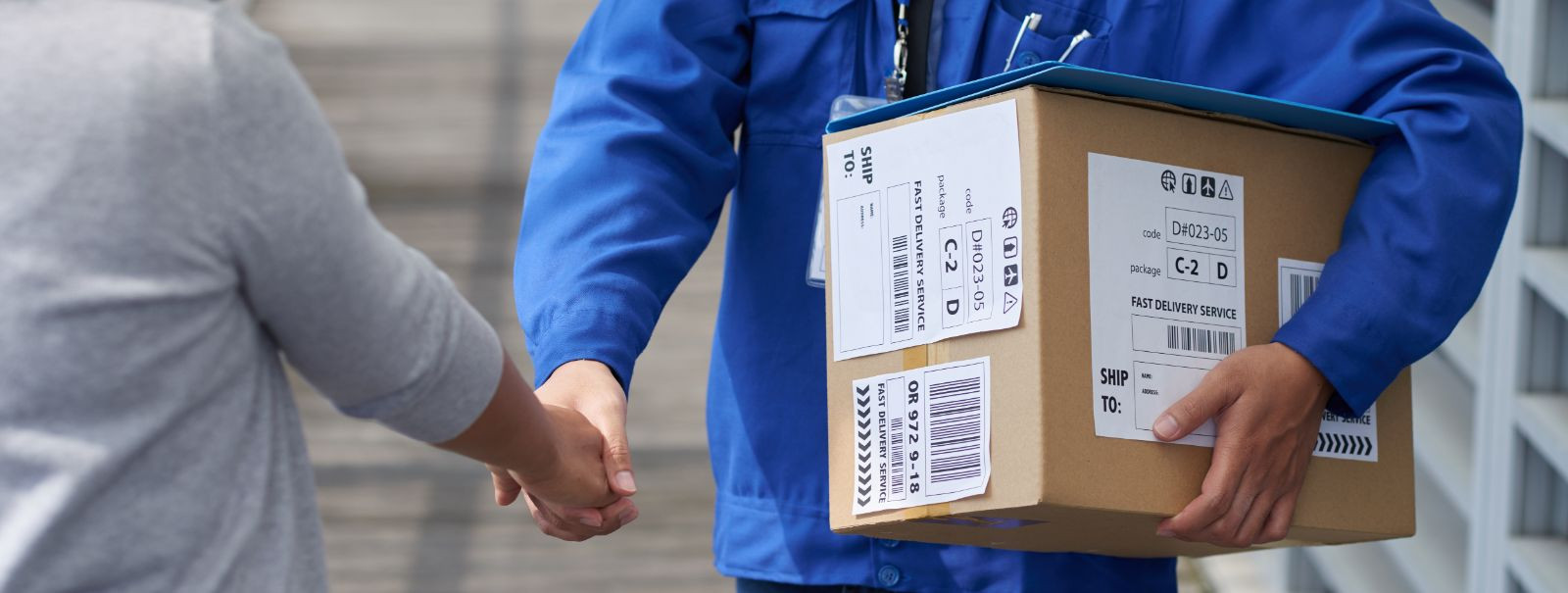The future of courier services: what to expect
The courier industry is at a pivotal point of transformation. With the rise of e-commerce and an ever-increasing demand for faster, more reliable delivery services, courier companies are under pressure to innovate and adapt. In this blog post, we will explore the trends and technologies that are shaping the future of courier services and what customers and businesses can expect in the coming years.
Technological Innovations Shaping the Future
Self-driving cars and trucks are no longer just a concept; they are becoming a reality. Autonomous delivery vehicles can reduce labor costs, increase efficiency, and operate around the clock. Expect to see more pilot programs and gradual integration of these vehicles into courier fleets.
Drones are set to revolutionize the delivery landscape by enabling rapid, last-mile delivery, especially in hard-to-reach areas. They offer a quick and cost-effective solution for small packages, and ongoing trials by major companies suggest that drone delivery is on the horizon.
Technology is making package tracking more precise than ever. With advanced algorithms, courier services can optimize delivery routes in real-time, reducing delivery times and improving customer satisfaction.
Blockchain technology has the potential to provide a secure and transparent way to track shipments and verify transactions. This could lead to increased trust and efficiency in the courier industry.
Environmental Considerations and Sustainability
As the world becomes more environmentally conscious, courier services are transitioning to electric vehicles (EVs) to reduce emissions. Green logistics also include optimizing delivery routes to minimize environmental impact.
Many courier companies are implementing carbon offset programs and investing in sustainable packaging solutions to reduce their ecological footprint.
Customer-Centric Models and Personalization
Consumers' expectations for rapid delivery are higher than ever. Courier services are responding with same-day and on-demand delivery options to meet these demands.
Flexibility is key in today's market. Customers want the ability to choose delivery times and locations that fit their schedules, and courier services are adapting to offer these personalized options.
Artificial intelligence and chatbots are being used to provide instant customer service and support, streamlining the communication process and enhancing the overall customer experience.
Globalization and Cross-Border E-commerce
With the growth of global e-commerce, courier services face new challenges in international shipping. Companies are finding innovative solutions to navigate customs, regulations, and delivery logistics across borders.
To expedite international shipping, many businesses are setting up localized fulfillment centers closer to their customers. This strategy reduces shipping times and costs, making it an attractive option for both businesses and consumers.
Regulatory Changes and Compliance
In an age where data is king, courier services must comply with stringent data protection and privacy laws. This includes ensuring the security of customer information and adapting to new regulations as they arise.
Trade agreements and tariffs are constantly evolving, and courier services must stay informed and adaptable to these changes to avoid disruptions and maintain competitive pricing.





Comments (0)